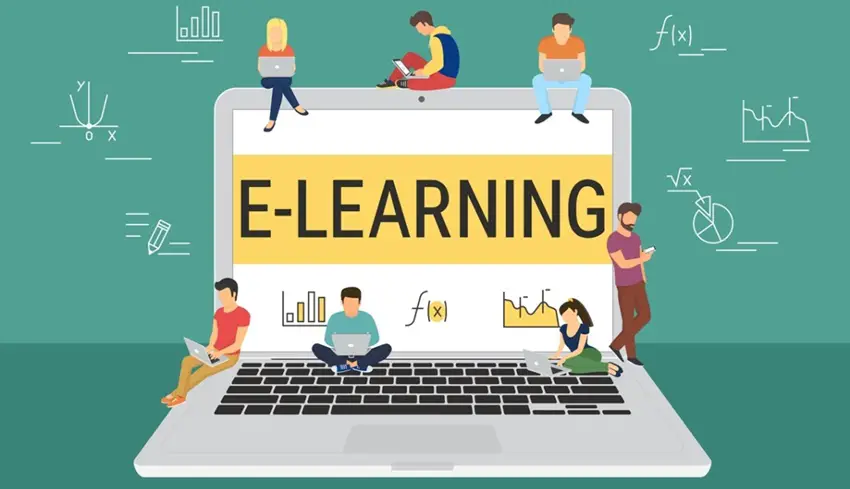The traditional learning institute is far from obsolete. It is only possible to convey values such as communication, interpersonal skills, peer environment, and experiential learning in a physical setup. However, when it comes to developing specialized skills, e-learning platforms offer a number of advantages that the traditional learning models do not. For instance, learning a programming language or preparing for a competitive examination. These are still the early days of e-learning, but I predict that we will soon see EdTech solutions surpassing and even replacing a few of the conventional systems that we see today. Here are some of the primary reasons why…

They Let You Set Your Own Pace
Each student is an individual, with their own individual learning speeds and requirements. E-learning platforms offer their students the flexibility needed to pace set the pace of their learning and preparation. This idea cannot be, perfectly, implemented in any classroom program. Well developed e-learning solutions can arrange the lessons in a proper progression of difficulty and even suggest additional conceptual or practice material, to those who need it.
They Save You Time
One very clear advantage to e-learning platforms is that they do away with the need of traveling to and from an institution and allow you to study from your own setup. The time you save in commuting can be reinvested into extra concept building and practicing.
They Offer Much More Flexibility
Traditional learning systems only offer learning sessions of a fixed length at fixed times, while e-learning platforms let you study at any time of the day. Furthermore, they let the student refer to the sessions, as often as needed. This type of flexibility is particularly valuable for working professional, who often have to study at odd hours or over the weekends.
They are More Economical
E-learning platforms do require significant upfront investment into the development of the technology piece and the educational literature. Once the product is ready, however, they do not need anywhere near the amount of investment that traditional learning systems do. In traditional systems, educators need to invest the same amount of time and energy into each session, whether they are conducting it for the first time or the hundredth.
They Provide Greater Scalability
E-learning systems are much more scalable than traditional learning systems. They allow educators to take their knowledge to the entire world, via the internet. This type of scalability has proven quite attractive to high potential educators; who are forward-thinking individuals, eager to stay ahead of the curve. This is very good for the e-learning systems, as the quality of any learning systems depends on the caliber of tis educators.
They have the Potential to Adopt Artificial Intelligence Solutions
By deploying machine learning algorithms, EdTech solutions can identify patterns in its user’s behavior and personalize a learning solution, tailored to their specific needs. We are currently in the early days of artificial intelligence but it will not be long before we see it extensively applied to e-learning platforms. This will serve to make the e-learning systems much more conductive, for both students and educators.
